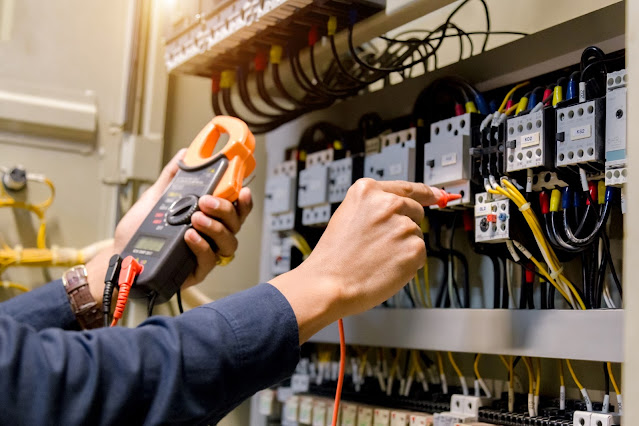Forklift Truck Market and the Rise of Robotics in Manufacturing
The forklift truck market has experienced a significant transformation with the rise of robotics in manufacturing. As automation continues to reshape various industries, robotics is playing a pivotal role in revolutionizing material handling operations, and forklift trucks are at the forefront of this transformation.
The integration of robotics into
forklift trucks has resulted in the development of autonomous or
semi-autonomous forklifts. These advanced machines are equipped with
sophisticated sensors, cameras, and AI-driven software that allow them to
navigate warehouses, distribution centers, and manufacturing facilities without
the need for direct human intervention.
One of the primary drivers behind
the adoption of robotic forklifts is the promise of increased efficiency and
productivity. These machines can operate 24/7, significantly reducing downtime
and optimizing material handling processes. Robotic forklifts can seamlessly
handle repetitive and time-consuming tasks, such as loading and unloading
pallets, transporting goods, and restocking shelves. As a result, human workers
can focus on more complex and value-added activities, leading to improved
overall operational efficiency.
Safety is another critical aspect
that robotics brings to the forklift
truck market. Robotic forklifts are designed to adhere to strict safety
protocols, avoiding collisions with objects, structures, and other equipment in
their environment. Advanced sensors and AI algorithms enable them to detect
obstacles, pedestrians, and other vehicles, preventing accidents and enhancing
workplace safety.
The integration of robotics also
addresses the issue of labor shortages and workforce challenges. As the demand
for skilled forklift operators increases, finding qualified personnel becomes a
challenge for many industries. Robotic forklifts mitigate this issue by
reducing the reliance on human labor and ensuring material handling tasks are
consistently executed with precision and accuracy.
Moreover, the introduction of
robotics aligns with the growing focus on sustainability and environmental
responsibility. Robotic forklifts powered by electric batteries produce zero
emissions, contributing to a greener and cleaner working environment. With
environmental regulations becoming more stringent, businesses are increasingly
looking for eco-friendly solutions, and robotic forklifts fit the bill
perfectly.
However, the adoption of robotics
in the forklift
truck market also presents some challenges. The initial investment in
robotic forklifts can be substantial, particularly for small and medium-sized
businesses. Additionally, integrating robotics into existing operations may
require adjustments to facilities and infrastructure to support autonomous
navigation and charging stations.
Furthermore, the successful
implementation of robotic forklifts requires thorough planning, employee
training, and change management to ensure a smooth transition and acceptance
among the workforce.
The rise of robotics in
manufacturing has revolutionized the forklift truck market. Robotic forklifts
offer improved efficiency, increased productivity, enhanced safety, and
environmental benefits, positioning them as a key technology for modern
material handling operations. As advancements in robotics and AI continue, the
forklift truck industry can anticipate further innovations that will reshape
the way goods are handled and contribute to the ongoing evolution of
manufacturing processes.




Comments
Post a Comment